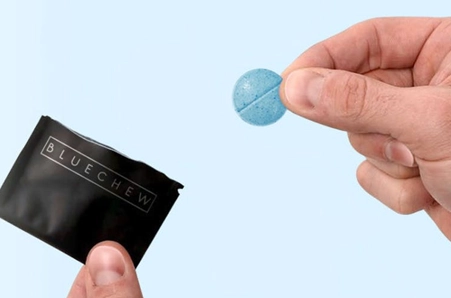When a pharmaceutical company develops a new drug, it’s given a chemical or generic name based on its chemical structure, and a brand name for marketing purposes. The drug is patented for 17-20 years, during which only the patent-holding company can manufacture, market, and sell it. Once the patent expires or is invalidated, other companies can produce the drug as a generic, often at a lower price due to reduced research and development costs and increased competition.
Generic drugs are bioequivalent to brand-name drugs. This means they have the same active ingredients, in the same dosage form, and provide the same therapeutic effects. However, generics can have different inactive ingredients and may vary in appearance.
Are Generic Drugs as Effective and Safe as Brand-Name Drugs?
Yes, generics are as effective and safe as their brand-name counterparts. The approval process for generic drugs is rigorous. Manufacturers must prove that their generic drug is bioequivalent to the brand-name drug, meaning it has the same effect in the body and meets high manufacturing standards. Generic drugs undergo stringent regulatory scrutiny before they can be sold, ensuring their safety and quality.
Do All Drugs Have a Generic Equivalent?
Almost all drugs eventually have a generic equivalent, except for some unique preparations, such as specific cancer or AIDS treatments, where precise formulations are critical.
Why Do Generic Drugs Cost Less?
Generic drugs are usually less expensive because their manufacturers avoid the high costs associated with drug development, including extensive research and marketing. Generic companies also benefit from not having to invest in the initial development or promotion of the drug, leading to lower production costs and, consequently, lower prices. Generic prices are often 30%-80% lower than brand-name drugs.
Why Do Generic Pills Differ in Shape, Color, and Name?
Generic pills may differ in shape and color from their brand-name counterparts due to differences in the inactive ingredients used and design choices by the manufacturer. The name printed on the pill reflects the active ingredient rather than the brand name, as generic manufacturers are not allowed to use brand names due to copyright restrictions.
What Is the Quality of Generic Drugs?
Generic drugs must meet the same standards for quality, safety, and efficacy as their brand-name counterparts. They must have identical active ingredients and deliver them at the same rate and amount into the bloodstream. Even if generics differ in appearance, their quality is equivalent to that of brand-name drugs.

